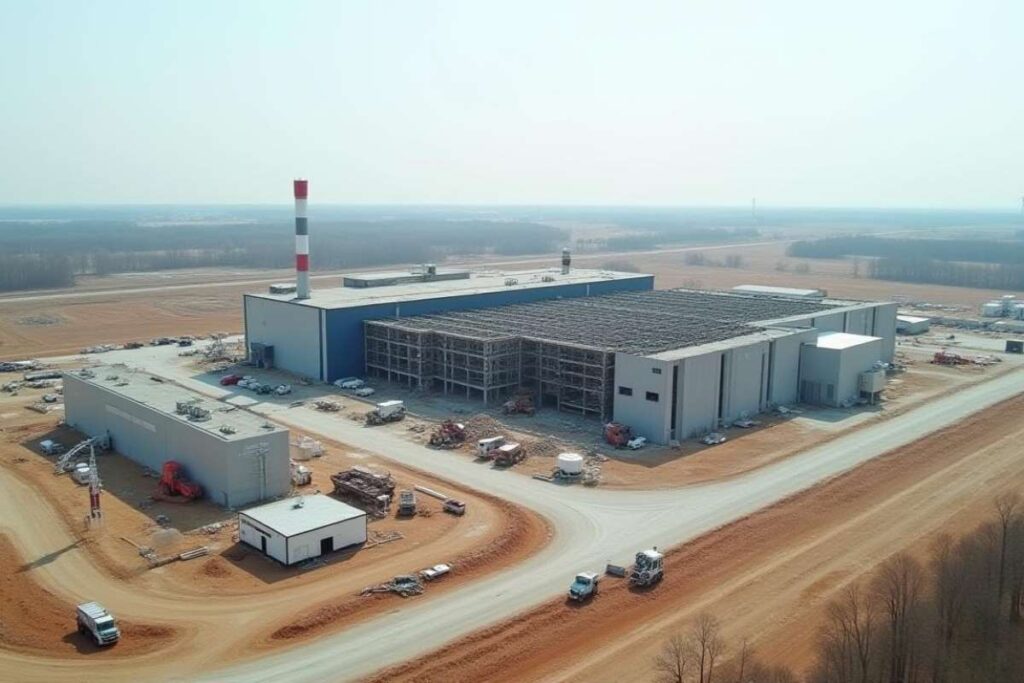Oil and gas producers are facing a critical juncture, according to a report from the International Energy Agency (IEA) released on Thursday. The industry must make a pivotal decision – either continue contributing to the acceleration of the climate crisis or actively engage in solutions, the report stated.
At present, the oil and gas sector represents a mere 1% of the global investment in clean energy, persistently emitting substantial quantities of greenhouse gases, including the highly potent methane. The IEA emphasized that urgent and drastic action on both fronts is imperative if there is any hope of limiting the global temperature increase to 1.5 degrees Celsius above pre-industrial levels.
This cautionary note precedes COP28, the United Nations climate summit set to commence next week, and aligns with a recent UN analysis projecting a nearly 3-degree Celsius temperature rise by the end of the century. Scientists warn that such warming could trigger catastrophic and potentially irreversible tipping points, such as the collapse of polar ice sheets.
Climate Crisis:
Fatih Birol, Executive Director of the IEA, emphasized the gravity of the situation, stating, “The oil and gas industry is facing a moment of truth at COP28 in Dubai. With the world suffering the impacts of a worsening climate crisis, continuing with business as usual is neither socially nor environmentally responsible.”
The IEA’s report, titled “The Oil and Gas Industry in Net Zero Transitions,” outlines two key measures the industry must adopt to contribute to the internationally agreed-upon goal of limiting global warming to 1.5 degrees.
Emissions at Large:
Firstly, there is a need to significantly reduce emissions from industry operations, including the extraction, processing, and delivery of oil and gas, which currently contribute nearly 15% of global energy-related greenhouse gas emissions. The IEA report calls for a reduction of more than 60% in this pollution by 2030.
Secondly, the agency recommends a substantial increase in investments in renewable energy by oil and gas companies. Despite generating around $20 billion in clean energy projects last year, this accounted for only about 2.5% of the industry’s total capital spending. The IEA asserts that this share must surge to 50% by 2030 to effectively contribute to the 1.5-degree target.
Achieving such a transformation would necessitate a significant shift in how oil and gas firms allocate their funds, as the report reveals that only a fraction of the industry’s revenue, generated between 2018 and 2022 (approximately $17 trillion), was invested in clean energy, with the majority directed towards developing and operating oil and gas assets.








